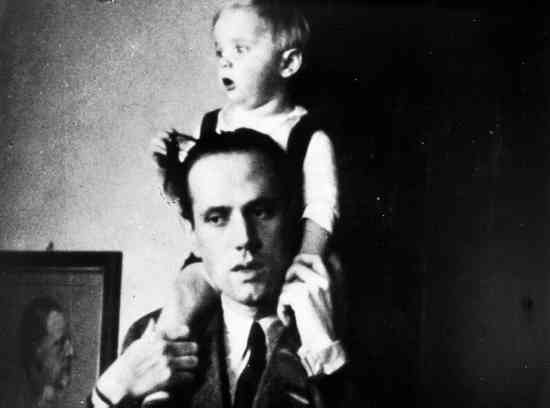
Seitdem der Nationalsozialismus zur Macht gekommen ist, habe ich mich bemüht, seine Folgen für seine Opfer zu mildern und einer Wandlung den Weg zu bereiten. Dazu hat mich mein Gewissen getrieben—und schließlich ist das eine Aufgabe für einen Mann.
Since National Socialism came to power, I have committed myself to softening its consequences for its victims and to preparing the way for the change which must follow. My conscience drove me to these steps – and in the end that is a man’s duty.
—Helmuth James Graf von Moltke, farewell letter to his sons, October 11, 1944 in: Helmuth James Graf von Moltke: Völkerrecht im Dienste der Menschen p. 6 (G. van Roon ed. 1986)
Sixty-four years ago today, Helmuth von Moltke was sentenced to death by the Nazi Volksgericht for his opposition to the Nazi regime. Moltke argued for the scrupulous application of the Geneva and Hague conventions and his interventions saved the lives of thousands, even as they ultimately cost him his own life.
Moltke is a moral example for our time. In the papers found after his death was a stirring argument for war crimes prosecutions of political leaders who contemptuously disrespected the requirements of the Geneva Conventions. In Moltke’s view, lawyers have special responsibilities to uphold the protections found in the Geneva Conventions and face special accountability for failings. Moltke’s views on this subject are widely shared by prosecutors today, which is why David Addington, Alberto Gonzales, Jim Haynes and John Yoo face the strongest likelihood of being prosecuted. Read more on this in my presentation to the American Society of International Law’s conference marking the anniversary of the Nuremberg Tribunals, “When Lawyers Are War Criminals.”



